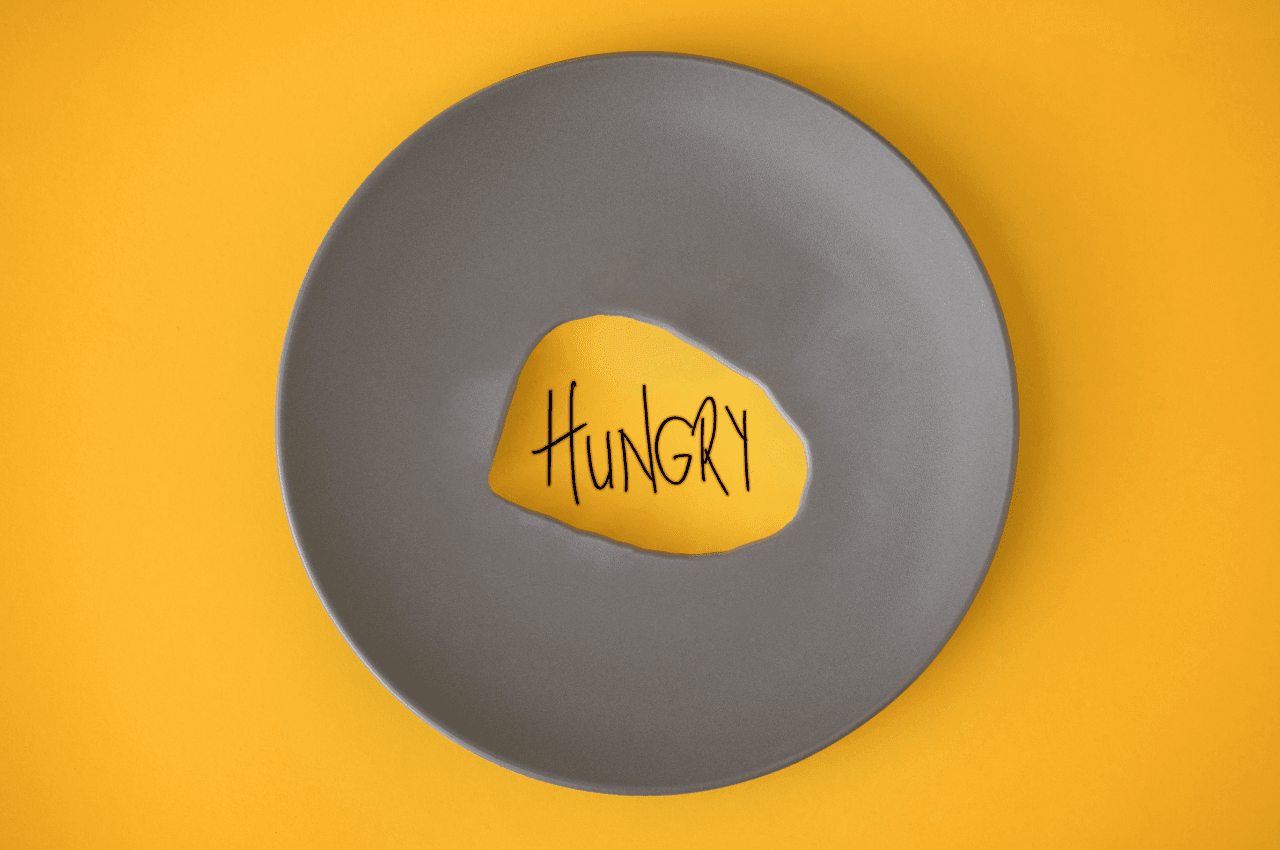How Daylight Saving Impacts Energy Levels
•Wellbeing

Share
When daylight saving comes to an end, we get one more hour of sleep that night, so why are we so tired?
So, the clocks are set back an hour, which gives us an extra hour of daylight in the morning, but it means the sun goes away earlier in the evening. While this might seem like a minor time adjustment it can impact our energy levels!
Circadian Rhythm
The time adjustment affects our circadian rhythm! Your circadian rhythm is like the internal clock in your brain that regulates your cycles of being awake and being asleep. Our bodies rely on the natural light-dark cycle to regulate our sleep-wake patterns. The sudden shift in daylight hours can throw off this delicate balance, leading to feelings of fatigue, brain fog and difficulty adjusting to the new schedule. A lot of people find it harder to get out of bed in the darker mornings as their body is used to the previous daylight schedules.
Less Sunlight
It gets darker sooner! The decrease in sunlight exposure can affect mood and energy levels. Sunlight plays a vital role in the production of serotonin, so with less vitamin D going around, it’s common to experience feelings of lethargy, irritability and low motivation.
Lower Quality Sleep
Aside from daylight saving messing up your circadian rhythm, the new change in time can affect the quality of your sleep. A lot of people struggle with adjusting their internal clocks to the new schedule. Poor sleep can leave you feeling irritable, unproductive and unmotivated.
If turning the clocks back leaves you feeling fatigued, know you’re not alone! These effects are temporary and eventually your body will adjust to the new schedule. Try to prioritise sleep during this time, you’re going to need it!




